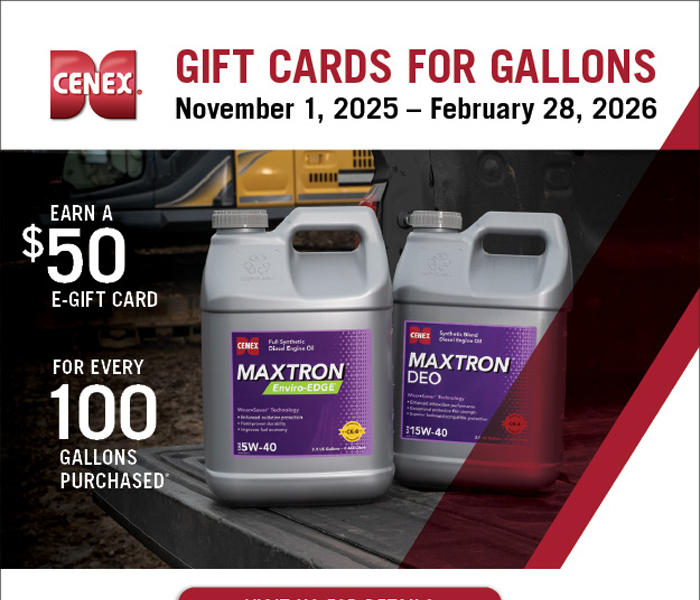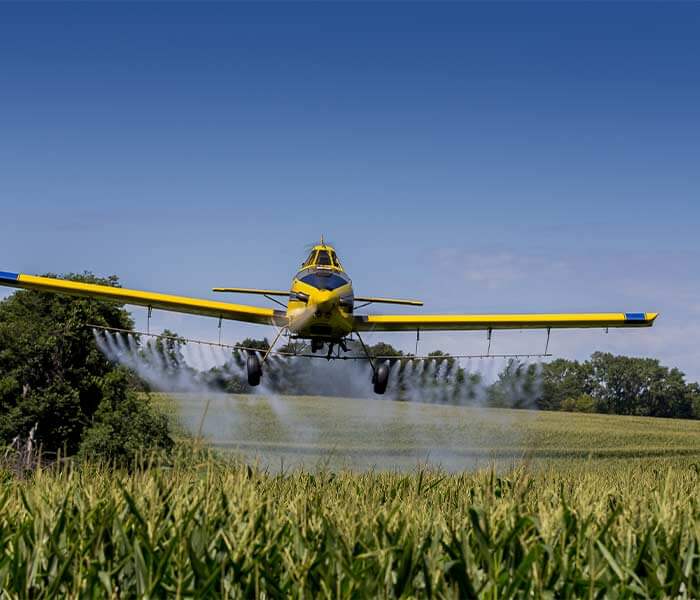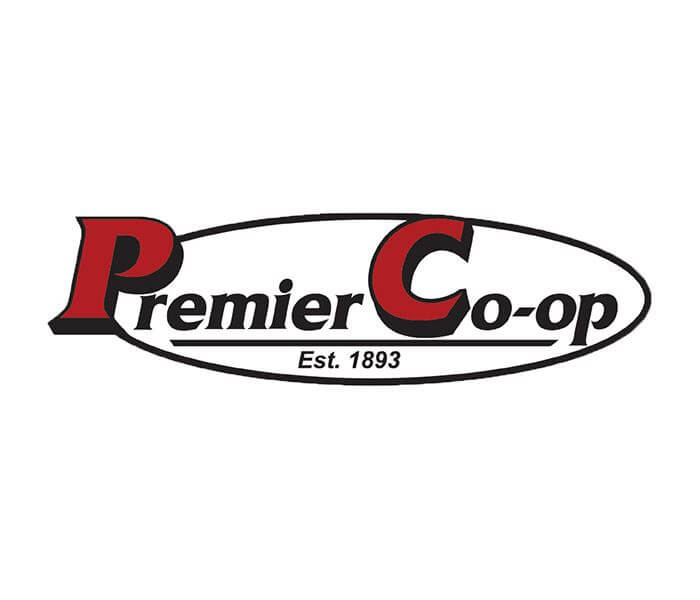August Focus Points
What's on the agronomy plate for August? There are a few things that come to mind when answering that question. First comes the application of fungicides to protect against tar spot and other diseases. The Premier agronomy team has been busy the past few weeks and look to wrap up most acres that have been planned for application close to the time you are reading this. At one point there was a lot of uncertainty of the need for treatments, but the combination of timely rainfall and then increased risk of disease helped sort out the need to proceed with winter plans to make treatments to protect yield.
Another idea for protection falls towards soybeans. We all know the tough year the soybean acre has had. Keeping it healthy in August is a high priority. Watch for insect pests like spider mites. As a heads up, Sudden Death Syndrome may crop up into fields this year based on the early season stress we had. There's not a lot of remedies for SDS now, but in 2024 you might want to consider varieties and treatments to decrease your risk.
For the alfalfa producer, August is a great time to kick start your 2024 crop season. Planting alfalfa by the end of August can get the crop in the ground and off to a good start building up root reserves for the winter season ahead. Additional note for those established fields, manage your cutting so you can have 6-8 weeks before a killing frost to build those root reserves up for winter as well.
For those of you looking to plant fall rye, winter wheat or other cover crops like radishes, we have prices and are taking bookings today. Help us plan ahead and give us a call to lock in your needs, so they are on hand when you are ready.
A few more things to think of this month are soil testing, fall fertilizer and seed planning, which are all important practices for you to maximize your yield potentials on your farm for 2024. We have seed prices available and to get those top performing hybrids it is important to book them now. In closing, thank you all for your support this 2023 growing season and we look forward to the fall ahead and how we can help you get off to a great start for 2024.




